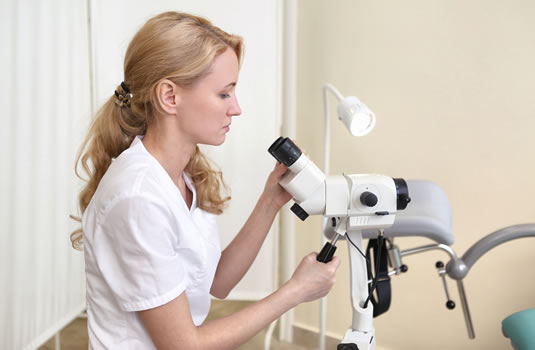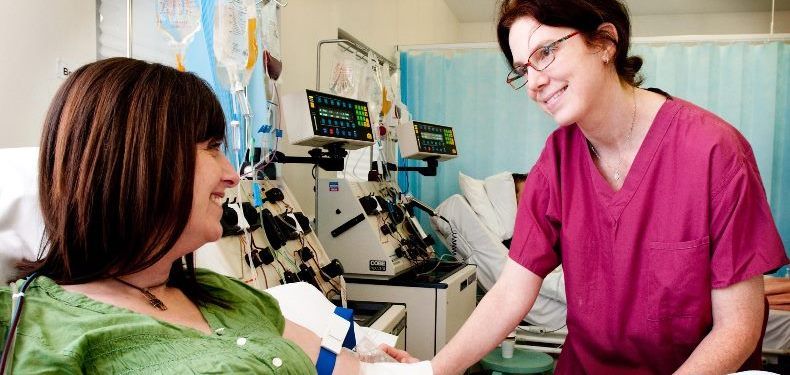
10 Important Things to Know Before Your Gynaecology Appointment
Posted by Editor on Mar 22nd, 2016 in Female Health | 0 commentsThere comes a time in a woman’s life when she needs to start seeing a gynaecologist regularly. I started seeing one during my early twenties. Gynaecology visits are essential to every woman’s life to ensure optimum health of the reproductive system. But before setting an appointment with a gynae, here are some helpful points you should think about.
![]()
1. Scheduling an appointment with your gynae doesn’t need any reason.
Unlike with other doctors, you can visit your ob-gyn even if you don’t have any specific reason for doing so. In fact, some girls as early as 13 to 15 years old are advised to visit a Singapore gynaecologist to learn about proper hygiene and how to protect themselves from sexually transmitted diseases. If you have never seen a gynae before, now is the right time to schedule an appointment for yourself with good gynae doctors at Thomson in Singapore. Seeing a gynae as early as possible allows you to develop an open, honest and informed relationship with a specialist, making it easier for you in the future to comfortably discuss “awkward” topics related to your reproductive health.
2. Feeling anxious is just normal, especially during your first visit.
It’s normal to feel nervous when seeing a Singapore specialist for the first time, especially when it’s for addressing an issue that’s as personal and private as your reproductive health. Still, this feeling should not overwhelm you. Remember that you’re in control of your health. So, if you ever feel uncomfortable during any of your visits to your gynae, feel free to ask for your check-up to end.
3. Shaving or waxing isn’t really necessary before your gynaecology appointment.
Most women consider grooming their intimate areas as a part of their weekly or monthly beauty prep, but do know that waxing or shaving down there isn’t necessary before a gynaecological exam. Instead of shaving or waxing, simply clean your intimate part by washing it or using feminine wipes prior to your gynaecology visit in Singapore.
4. Bring a family member or a friend along during your appointment.
Asking a friend or family member to accompany you on your hospital visit can greatly help in easing your anxiousness during an appointment. You can ask your companion to stay in the examination room if you’re comfortable having the person around—or ask him or her to wait outside instead if you feel otherwise.
5. Being open about your reproductive health can greatly help in your examination.
While the thought of sharing your sexual history, concerns, and fears may seem awkward, being honest and open to your gynae about your reproductive health is crucial. Effective and productive healthcare only happens when trust and clear lines of communication are established. There’s also no need to worry about your privacy after the visit, since the topics discussed during your appointment are protected by the medical privacy laws of Singapore.

6. Rescheduling your gynae appointment is recommended if you have your period.
Getting a gynae exam while you’re on your period is never a good idea. If you’re getting a Pap smear test during your period, it’s not only going to be messy but inaccurate results may occur. The bleeding can interfere with the findings, while the hormonal changes can make your breast exam feel uncomfortable. So, do yourself and your doctor a favour by rescheduling your gynae appointment.
7. Drinking water before your appointment is recommended.
Since your gynae will ask for a cup-full of urine from you during the visit, make sure to drink more water before showing up to your doctor’s clinic. Your ob-gyn will perform a ‘dipstick’ test on your sample urine. This test is intended to detect any health issues, such bladder infection or diabetes, that you may be unaware of.
8. Giving blood samples isn’t necessary.
If you’re visiting your gynae regularly, then it’s unlikely that you’ll be asked for blood samples each visit. However, if you are thinking of getting an overall STD screening, or if you are having irregular periods and wish to know the possible cause, then you may be asked for a blood sample.
9. Getting a pelvic exam isn’t advised if you are under 21 years of age.
Regular pelvic exam and Pap testing are not recommended for Singapore girls who are younger than 21 years old unless you have specific problems you want to address. If there are reproductive problems that your paediatrician cannot address, it is the right time to approach a gynaecologist. However, keep in mind that routine exams like pelvic exam and Pap testing are recommended for women aging 21 years old and above.
10. Acquiring birth control pills is possible even without conducting an internal exam.
Undergoing a vaginal examination is not really necessary if you are planning to start a hormonal contraception. An abdominal-pelvic exam can be enough as it still provides a great deal of information even without undergoing a genital examination. Just remember that the timing of when you should start your hormonal contraception all depends on your menstrual cycle. If your period is normal, then you can start on the first day of your period. A negative maternity test can also serve as a go signal for you to immediately start your hormonal birth contraception.
Making the most out of your gynae visit is essential, so make sure that you keep these important things in mind the next time you visit your specialist.

